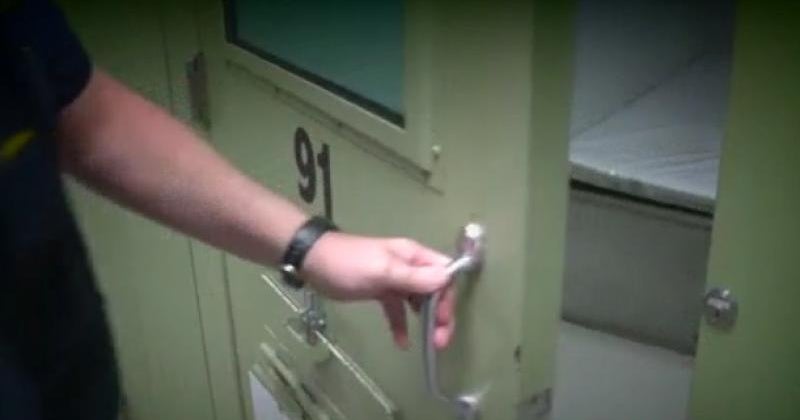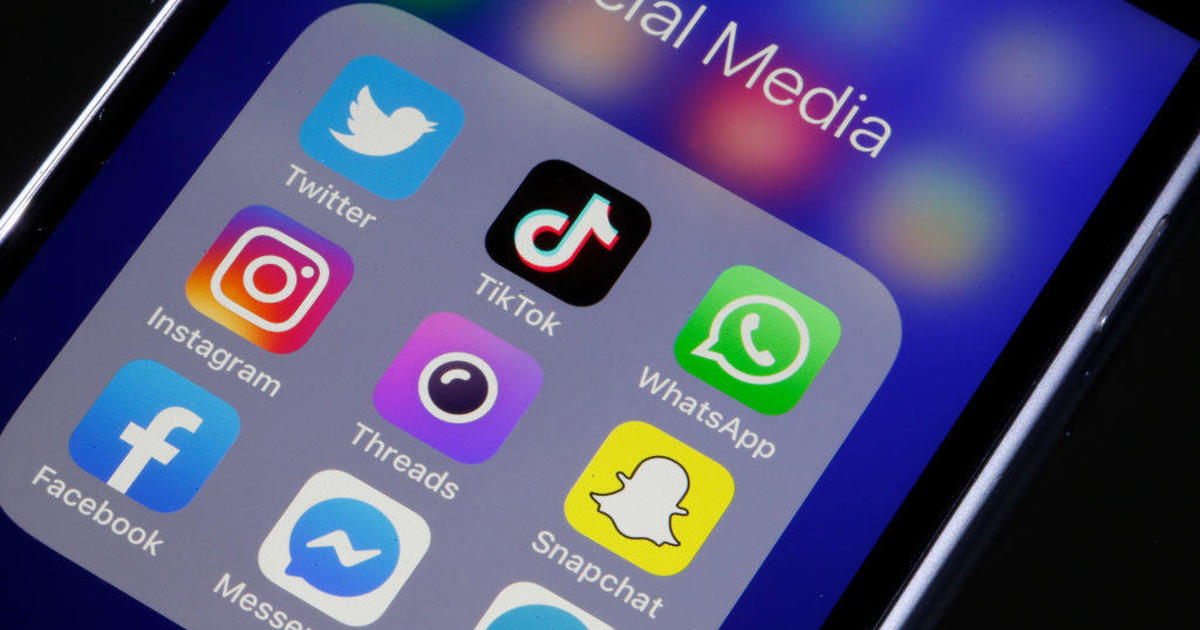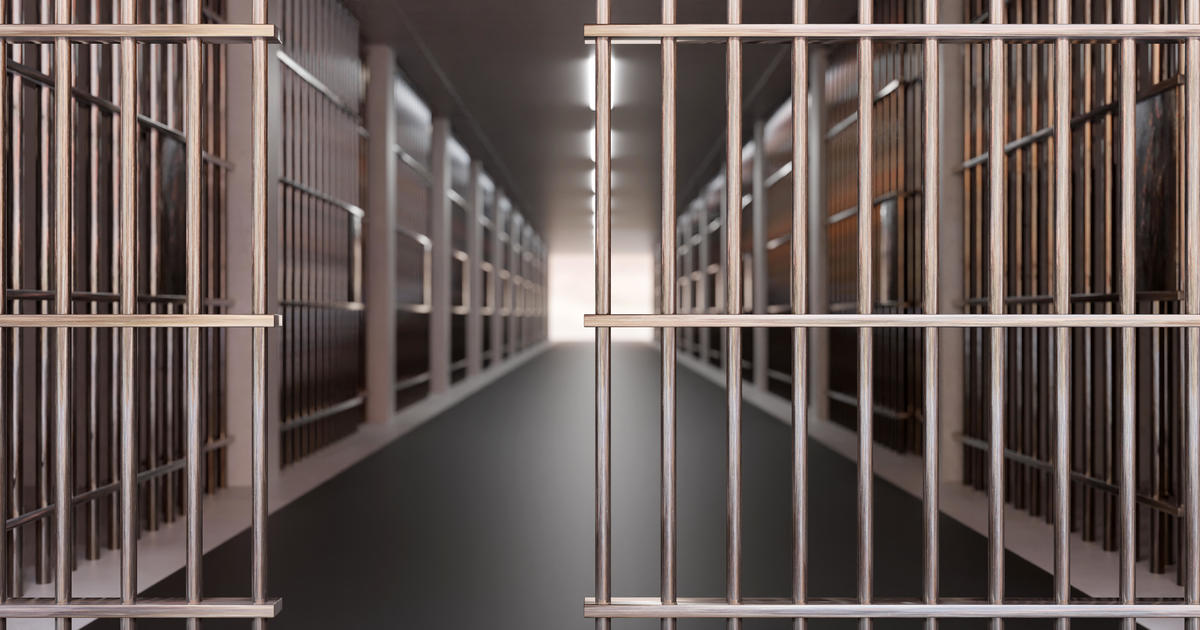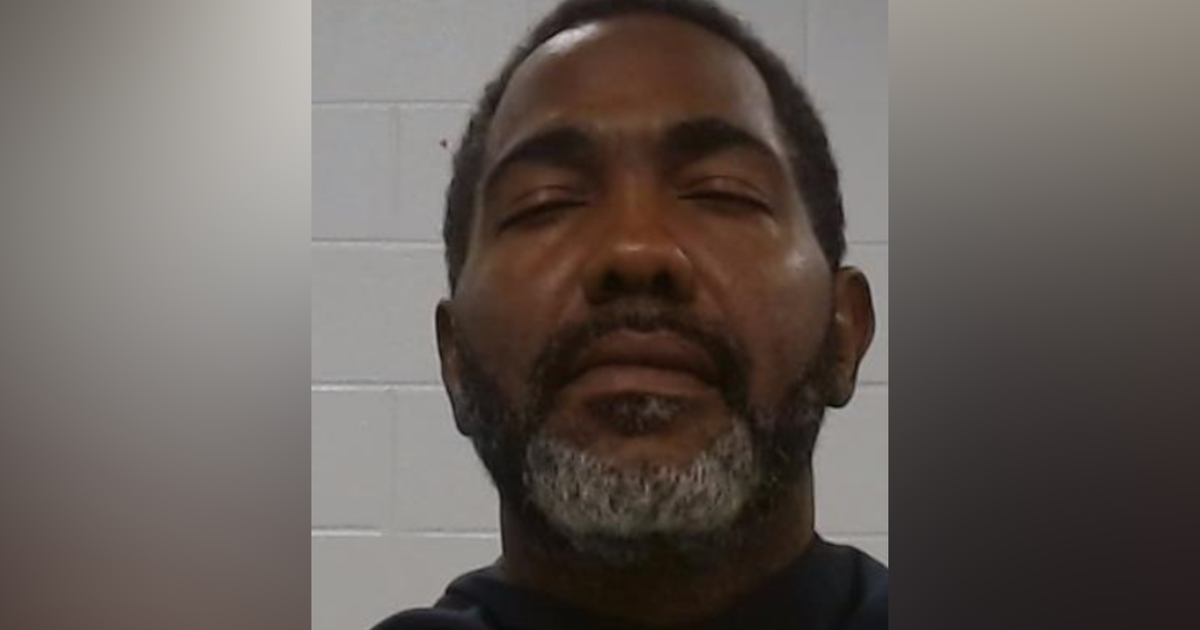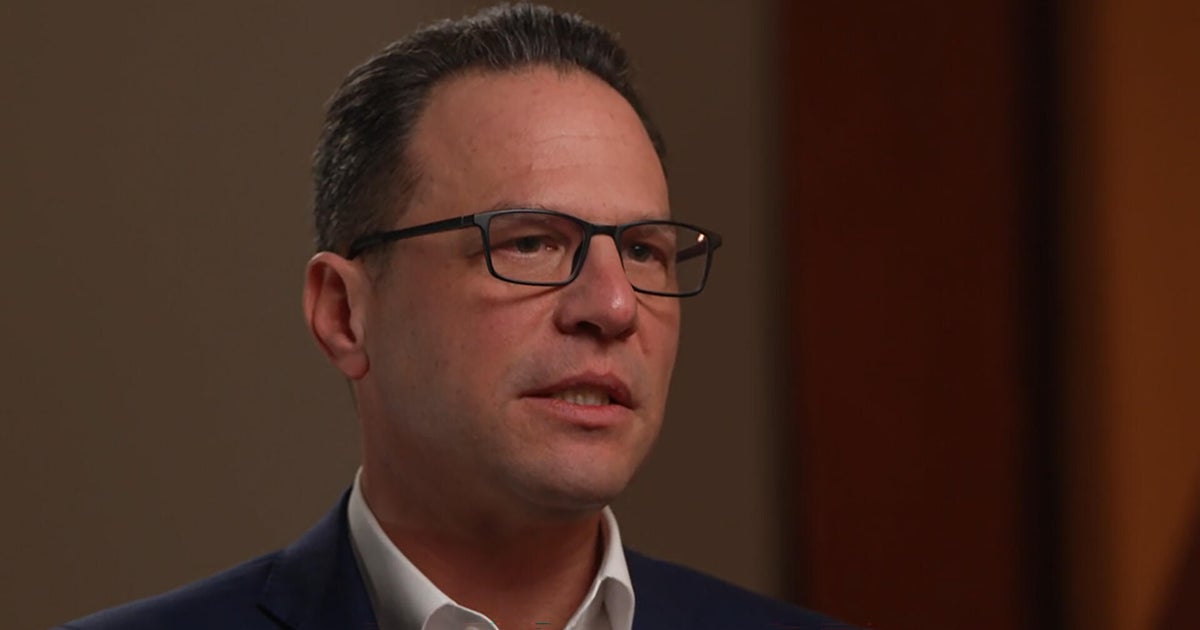Same-Sex Marriage Decision: "Far From Over"
Even before this week's ruling in the case involving Proposition 8 which banned same-sex marriage in California, appeals of the judge's decision were expected.
In response to a lawsuit filed by two gay couples who said the voter-approved ban violated their civil rights, Judge Vaughan Walker rejected every argument posed by sponsors of the ban. In his 136-page opinion, Walker wrote, "Proposition 8 perpetuates the stereotype that gays and lesbians are incapable of forming long-term loving relationships and that gays and lesbians are not good parents."
"I think the critical issue here is that what you have is a district court finding after a full trial - everybody had an opportunity to be heard - an opinion that demonstrates that there is simply no basis whatsoever to continue discrimination against gay and lesbian citizens who want to marry," said David Boies, one of the lead attorneys in the lawsuit against Proposition 8.
Tony Perkins, president of Family Research Council and a supporter of the ban on same-sex marriage, called the decision an example of judicial activism.
"This issue is not going to go away," Perkins said on "Face the Nation." "I think what you have is one judge who thinks he knows - and a district level judge and an openly-homosexual judge at that - who says he knows better than not only 7 million voters in the state of California, but voters in 30 states across the nation that have passed marriage amendments. This is far from over."
[Perkins referred to a February 2010 San Francisco Chronicle column which claims Walker's homosexuality was an "open secret." Walker himself has not answered questions about his sexual orientation. Nevertheless, the defense team does not plan to raise the specter of the judge's sexual orientation as they appeal his ruling to the Ninth Circuit, lawyer Jim Campbell told the Associated Press this week. "The bottom line is this case, from our perspective, is and always will be about the law and not about the judge who decides it."]
When asked by Dickerson what basis the judge's sexual orientation might have on his ruling, Perkins admitted he did not know whether Walker is gay or straight, but added, "I think, you know, had this guy been, say, an evangelical preacher in his past, there would have been cries for him to step down from this case. I do think it has a bearing on the case."
Perkins said the judge ignored "a lot of the social science" about the affects of same-sex couples on families, and cited a 2005 ruling by a federal district level judge that Nebaska's ban against same-sex marriage was unconstitutional, a decision that was overturned in the 8th Circuit.
"Certainly not only based upon the social empirical data that's out there, but on the legal basis, this is a flawed decision," Perkins said. "And as I said, it's far from over."
Boies disputed Perkins on the evidence: "It's easy to sit around and debate and throw around opinions that appeal to people's fear and prejudice, [and] cite studies that either don't exist or don't say what you say they do.
"In a court of law you've got to come in and you've got to support those opinions, you've got to stand up under oath and cross-examination," Boies said. "And what we saw at trial is that it's very easy for the people who want to deprive gay and lesbian citizens of the right to vote [sic] to make all sorts of statements and campaign literature, or in debates where they can't be cross-examined.
"But when they come into court and they have to support those opinions and they have to defend those opinions under oath and cross-examination, those opinions just melt away. And that's what happened here. There simply wasn't any evidence, there weren't any of those studies. There weren't any empirical studies. That's just made up. That's junk science. It's easy to say that on television. But a witness stand is a lonely place to lie. And when you come into court you can't do that.
"That's what we proved: We put fear and prejudice on trial, and fear and prejudice lost," Boies said.
Perkins retorted that "there is not conclusive evidence to suggest that children who grow up with two moms or two dads fare as well as children who grow up with a mom and a dad," but acknowledged that the issue of how children are impacted by same-sex relationships is "relatively new."
But he did suggest that over the last 40 years marriage has been "devalued," and said there is abundant evidence to suggest public policy - such as no-fault divorce - "has truly impacted children and impacted the institution of marriage.
"And the judge in his ruling actually just ignored all of that and said there is no evidence that any of the policy that's been adopted on no-fault divorce and other liberal-leaning policies has impacted marriage," Perkins said. "I think anybody with a half a brain can see that the policies that have been adopted in the last 40 years have impacted marriage, and as a result have impacted the well-being of children."
Boies responded, saying Judge Walker did deal with it, "and he pointed out, which is obvious, that no-fault divorce doesn't have anything to do with the issue that's here.
"The empirical studies that do exist and that are based on what's happened in Canada and Sweden and Spain and other countries and other states where you are able to have marriage equality, demonstrate that there is no harm. There are studies going back for 20 years that demonstrate this. The problem here is that, unlike a court, people don't stick to the facts."
Thought the case is headed for an appeals court, many expect it will land before the U.S. Supreme Court. Boies predicted that the High Court will side with him.
"Remember, unlike abortion, the court is not creating a new legal right," he said. "This is a right that has been well recognized for 100 years in terms of the right of individuals to marry. And all that's at issue here is, can the State of California take away that right depending on the sex of your intended partner? And that issue depends exactly on what you said before: Is there a rational base for that distinction? Can you prove that it harms heterosexual marriage? Children? Can you prove it harms anybody? Why do you make these people suffer if it doesn't help anybody?
"And what we proved at trial is that there simply isn't any basis, no evidence at all, to indicate that this has any harm to anybody. Indeed, all the evidence is to the contrary, that it makes those relationships more stable. Even the defendant's own witnesses admitted that there was no evidence of harm to heterosexual marriage or to children as a result of gay and lesbian marriage. Even the defendant's own experts admitted that there was great harm to homosexual couples and the children they're raising by depriving them of the stability and love of marriage."
Perkins said, "We hope that sanity will reign when it does make its way to the United States Supreme Court.
"This is an activist decision by a district-level court who is interjecting his view over the view of not only millions of Americans who have voted on this issue, but literally the history of the human race," Perkins said.
Also appearing at a roundtable discussion on the program, CBS News chief legal correspondent Jan Crawford disputed Boies' assertion that the highest court in the land would back Walker's decision.
"They are asking the Supreme Court to set aside essentially the laws of 44 states, so that is an enormous stretch," Crawford said. "Now of course, the Supreme Court has taken up issues of gay rights in the past. Justice Kennedy, the key swing vote in 2003, said that states could not criminalize homosexual sex in the privacy of your bedroom. But that is an entirely different matter than saying there is a federal constitutional right to same-sex marriage.
"In this case, Judge Walker quoted Anthony Kennedy 15 times or so" in his decision," noted CBS news political analyst John Dickerson. "It was a letter to him, wasn't it? Is that going to work, writing directly to Kennedy, trying to use his own words to say you have to vote with me?
"Clearly this decision was a decision with an eye on appeal," said Crawford. She pointed out the narrow divisions on the court: "You have four liberals and the four conservatives and the man in the middle Anthony Kennedy who's kind of this human jump ball. What they are asking Justice Kennedy to do in this case is not only, I mean, he's got to grab the ball, take it down the court, slam it in the basket and shatter the backboard. This is something that Anthony Kennedy doesn't do. He's a very cautious justice. He doesn't like to get ahead.
"The same-sex ruling that he wrote in 2003, that struck down laws that criminalized homosexual sex - no one was enforcing these laws," Crawford said. "This would change the law of the nation. They would be so far ahead of public opinion, and that is why this case was controversial from the beginning.
"Remember, the traditional gay rights groups did not want David Boies and his conservative counterpart Ted Olsen to file this case because they think the Supreme Court is not ready. They wanted to see more states pass laws allowing same-sex marriage and then take it to the court and not put that onus and that pressure on the Supreme Court.
"I would not be so confident if I were David Boies," she said.
© MMX, CBS Interactive Inc. All Rights Reserved. This material may not be published, broadcast, rewritten, or redistributed.

